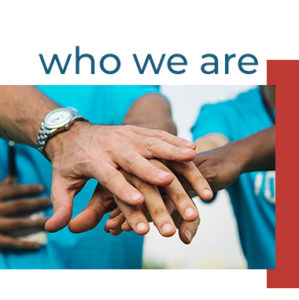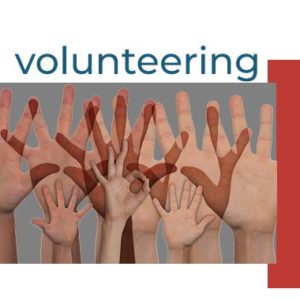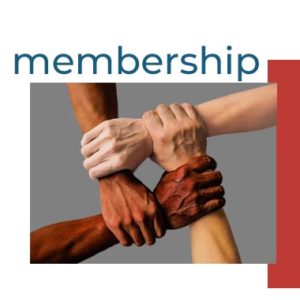Federal Coronavirus Relief Bills: What Do They Mean for Nonprofits?
In rapid succession over the last two weeks, Congress passed and the President signed two far-reaching pieces of legislation designed to provide relief to the American people and businesses – including nonprofits. Included in the provisions of these bills are major victories for nonprofits, operational relief, and new obligations.
On Tuesday, March 31 at 3:30 pm Eastern, the networks of the National Council of Nonprofits are hosting a national presentation to help all in the charitable community understand the various provisions of the two laws and what they mean for nonprofits.
The Families First Coronavirus Response Act created new workplace obligations for employers and expanded supports for individuals affected by the COVID-19 pandemic. Eight days later, the Coronavirus Aid, Relief, and Economic Security Act (CARES Act) authorized more than $2 trillion in spending to inject cash into the economy, businesses, and nonprofits. There is a great deal to unpack:
- Mandated paid sick and family leave and refundable payroll tax credits
- Generous loan funds for small (< 500 employees) and mid-size (between 500 and 10,000 employees) nonprofit employers; which program is best for your organization?
- Above-the-line or universal charitable deduction available for 2020
- Employee retention refundable tax credit
- Expanded unemployment and enhanced funding for social support programs
This webinar will share the latest analysis and information, recognizing that multiple federal agencies must write the rules and forms, and establish processes for getting money into the hands of nonprofits as quickly as possible.
You can register here.








